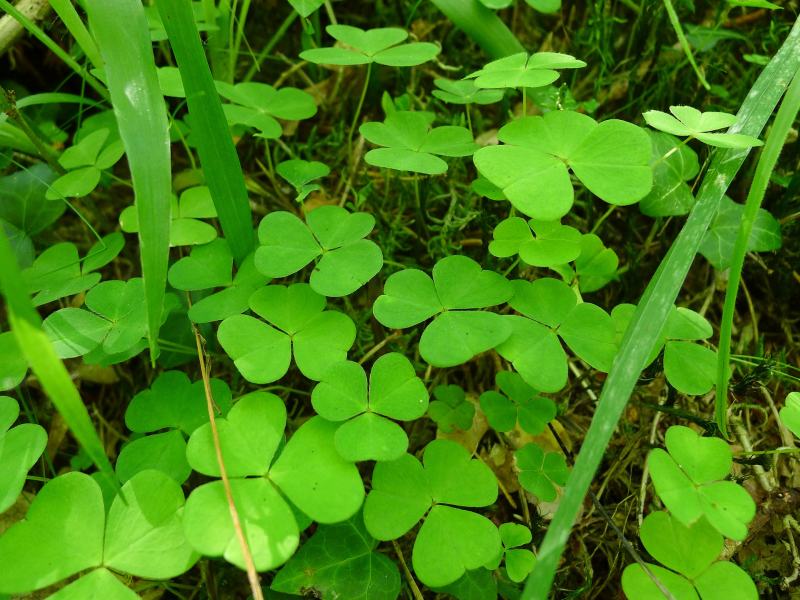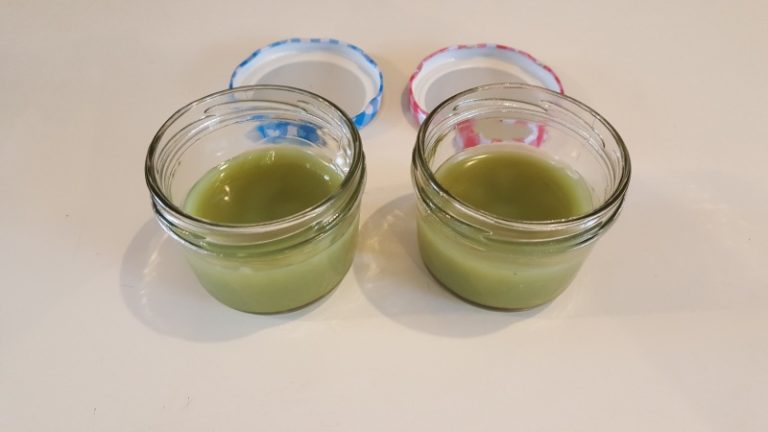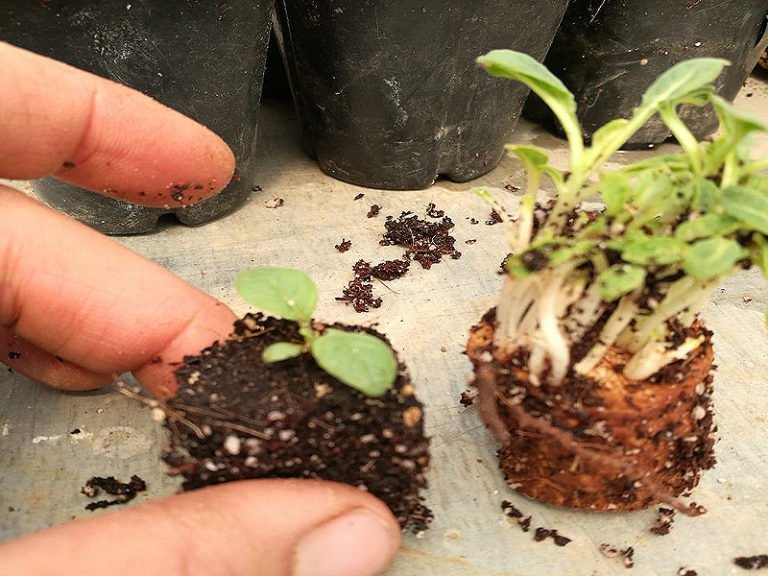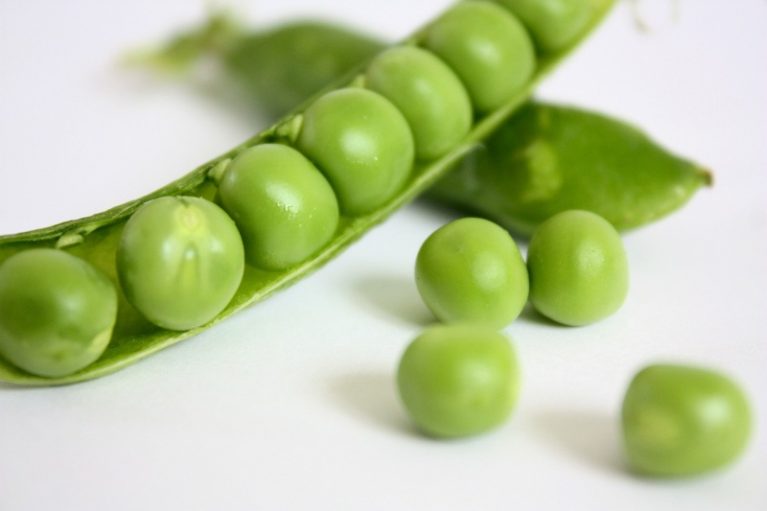Foraging For Edibles – Wood Sorrel
I get commissions for purchases made through links in this post. View our Affiliate Disclaimer.
Foraging for edibles such as Wood Sorrel, sometimes called Wild Sorrel (genus Oxalis) is something you can do in your backyard.
Wild Sorrel or sourgrass, is a medium sized edible plant that occurs in most countries around the world, except for the polar regions.
The species particularly likes tropical and sub-tropical regions and shows rich diversity in tropical Brazil, Mexico and South Africa.
Wood Sorrel Description
Wood sorrel can be used as a ground cover, as it tends to spread out. It usually grows to a height of not more than 30 – 40cm (15 inches). The leaves are small and heart shaped, growing in groups of 3 from a stem. The flowers are small and usually yellow, or white, although some species may display more pink coloured flowers.
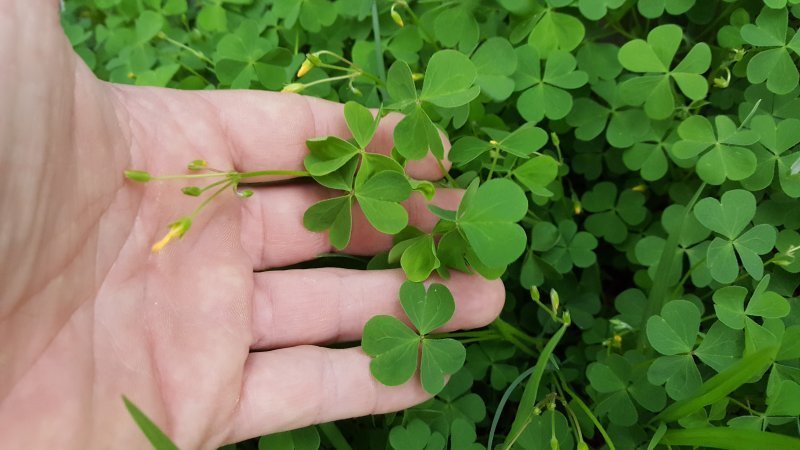
The scientific name for the genus – Oxalis, literally means sour. The tartness of the wood sorrel comes from its oxalic acid content.
Oxalic acid is present in many other, more traditional table vegetables such as spinach, broccoli, cabbage and brussels sprouts. Oxalic acid in large doses can inhibit the absorption of calcium, and for this reason it is considered toxic when consumed in large quantities. However, when the intake is moderated as part of a normal diet, it is useful to the body.
Note: People suffering from arthritis, rheumatism, kidney stones or gout should limit their intake of oxalic acid.
Habitat and Harvest
Wood sorrel is a commonly found as a lawn weed. It tends to prefer partial shade. You can either pull the plant our roots and all to harvest it, or, you can just pick some leaves, leaf shoots and flowers if you want to keep the plant intact.
Benefits of Wood Sorrel
Due to wood sorrel being rich in vitamin C, it has been used as a remedy in the past for treating many ailments such as the following:
- Fevers
- Mouth sores – used as a decoction
- Sore throats – gargle with the juice
- Urinary infections – used as a decoction
It has also been said to be used to relieve hemorrhages, as a blood cleanser. Other uses include strengthening a weak stomach, produce an appetite, and check vomiting.
Wood sorrel has also historically been used for healing wounds and to be effective in the reduction of swellings and inflammation.
The wood sorrel flowers can be used to manufacture yellow, orange, and red to brown dyes.
The benefit when foraging for wood sorrel is that there are no poisonous look-alikes for this plant. Clover is sometimes mistaken for wood sorrel but that is not normally a problem since clover is not poisonous.
[content-egg module=Amazon template=custom/simple_list next=1]
How To Use Wood Sorrel
Wood sorrel is best used fresh, so only pick what you need. It does not store well in a refrigerator. The best parts of the plant to use are the leaves, thinner stems and flowers.
A nutritious, vitamin C rich tea can be made by pouring boiling water over the leaves and allowed to steep for about 30 minutes.
It works well as a seasoning with wild game and other meats and fish. You can cut the leaves up and sprinkle over the meat while cooking, or place whole leaves on the meat or inside fish. It is also a great addition to stews or soups.
Take a look at our Guidelines For Foraging For Wild Edibles.
[content-egg module=Amazon template=custom/simple_list next=3]
Get more posts like this
Subscribe to our mailing list and get interesting homesteading and green living info and updates to your email inbox.
Thank you for subscribing.
Something went wrong.

